Implementasi Organizational Culture Assessment Instrument (Ocai) Untuk Pemetaan Budaya Organisasi Pt. Semen Indonesia (Persero) Tbk Sebagai Rujukan Winning Culture
DOI:
https://doi.org/10.30587/jurnalmanajerial.v7i01.1047Keywords:
Corporate, culture, OCAI, PT Semen Indonesia (Persero) TbkAbstract
Background - Industrial revolution 4.0 make competition between countries will be more competitive. This competition was also felt by PT Semen Indonesia (Persero) Tbk, which is the market leader in the cement industry in Indonesia. Company that implement corporate culture very well, was reached hundred times growth that companies that don’t consider corporate culture s main concern. Aim – This study aims to mapping the organization culture through OCAI (Organizational Culture Assessment Intstrument. Design / methodology / approach - The sampling technique uses the proportionate stratified random sampling method which consists of 6 General Managers, 20 Senior Managers, 34 Head Section, 33 Head Teams and 13 Staffs. The instrument used in this study was the Organizational Culture Assessment Intstrument (OCAI), which maps organizational culture into four types of organizational culture through six-dimensional measurement, namely dominant characteristics, organizational leadership, employee management, organizational adhesives, and success criteria. Data collection techniques used are questionnaires. Finding - The results of the research show that the dominant culture now perceived is hierarchical culture, and the expected dominant culture is clan culture. The results of the validation from the expert stated that as a state-owned corporation that has a global go vision, the clan culture adopted by employees is irrelevant. Culture that is applied to be more suitable for going global is market culture as the main culture or common culture. Whereas the second culture or dominant sub-culture is a type of cultural hierarchy. Research implication - The existence of this mapping is expected to be an input to management, how management can create a more dominant competitive culture and unite employees with a culture that has been determined by management.
References
Cameron KS, Quinn RE. (2011). Diagnosing and Changing Organizational Culture based on The Competing Values Framework. 3rd edition. USA. Addison-Wesley Publishing Company.Inc.
Cameron KS, and Quinn RE (1999). Diagnosing and Changing Organizational Culture based on The Competing Values Framework. MA: Addison-Wesley.
Cooper DR, Schinder PS. (2006). Metode Riset Bisnis. Volume 2, Edisi 9. Jakarta: PT Media Global Edukasi.
Quinn R, Spreitzer, G. (1991). The Psychometric of the Competing Values Culture Instrument and an Analysis of the Impact of Organizational Culture on Quality of Life. In: Woodman, R.W. and Pasmore, W.A., Eds., Research in Organizational Change and Development, Vol. 5, JAI Press, Greenwich, 115-142.
Sinergi (2017) edisi 18. Gresik: PT. Semen Indonesia
Wagiran. (2014). Implementasi Kurikulum 2013. Temanggung: CV Bahtera Wijaya Perkasa.
Zulfikar RC, Gustomo A. (2014). Analysis on PT. Semen Indonesia Organizational Culture Based on Organizational Cultural Assessment Instrument (OCAI). Journal of Business and Managemet. 3(7), 765-771.















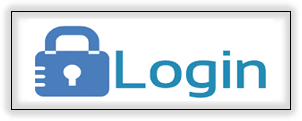
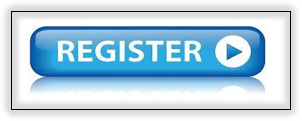


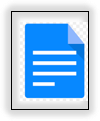
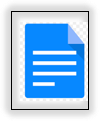

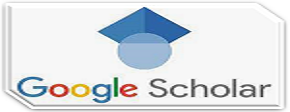
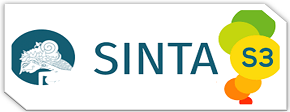
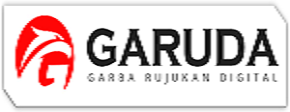
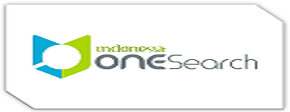
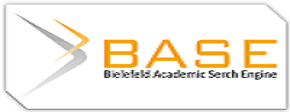
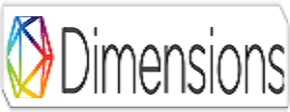
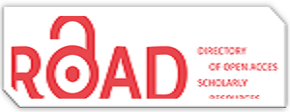

 P-ISSN: 2354-8592 __ E-ISSN: 2621-5055
P-ISSN: 2354-8592 __ E-ISSN: 2621-5055 
